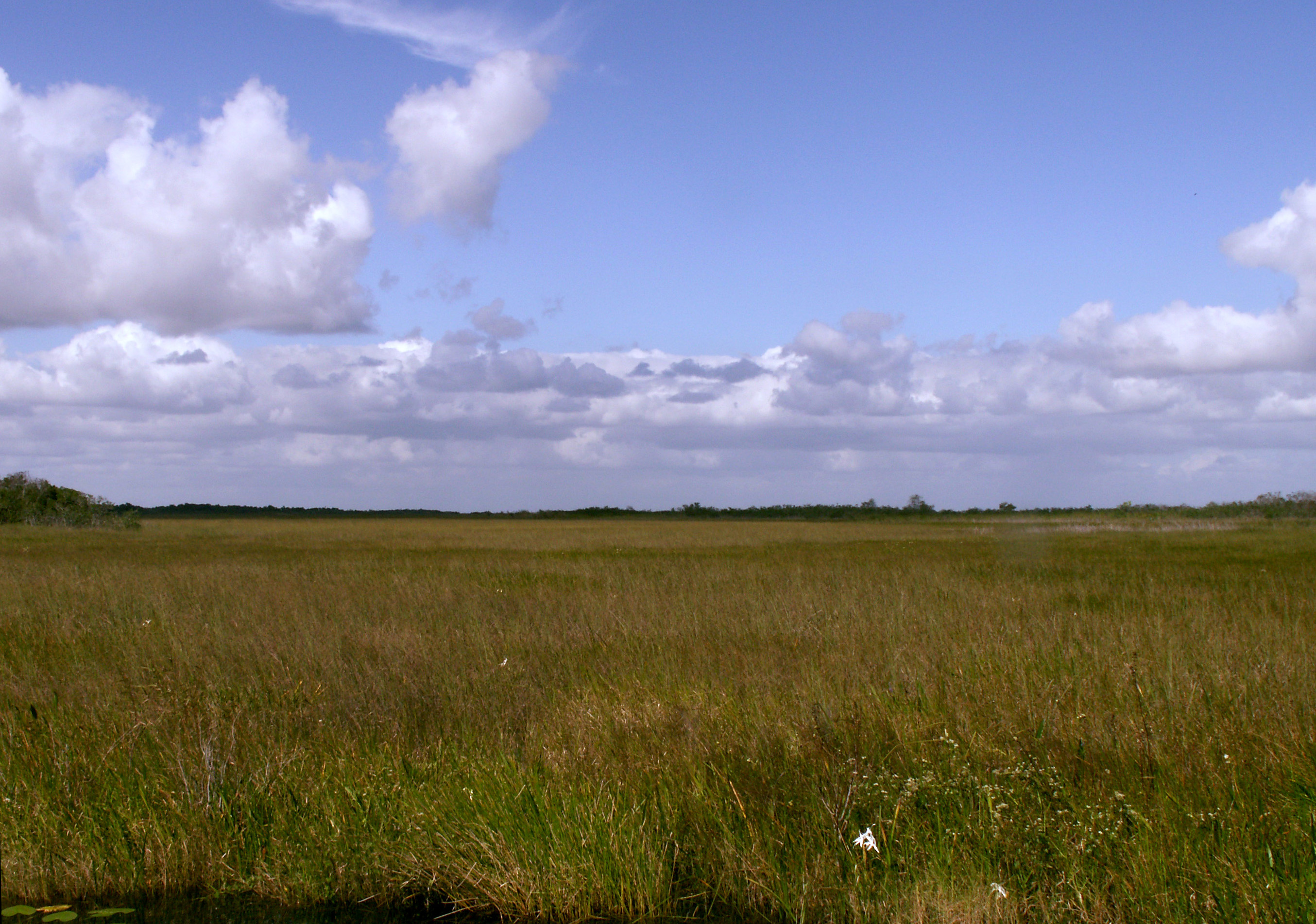 To be blunt: commercial real estate development is not for the faint of heart. Dealing with the insurance aspects of a project alone is daunting, much less taking an idea and bringing it to fruition. But for those that have the means and the wherewithal to handle the surprises (and they are pretty much guaranteed), it’s a highly lucrative endeavor.
To be blunt: commercial real estate development is not for the faint of heart. Dealing with the insurance aspects of a project alone is daunting, much less taking an idea and bringing it to fruition. But for those that have the means and the wherewithal to handle the surprises (and they are pretty much guaranteed), it’s a highly lucrative endeavor.
A plot of land for commercial development can be transformed into a mall, restaurant, movie theater, office park – the options, and revenue streams, are endless. Finding the right parcel for your project involves several steps – some of them requiring a good deal of work – so this week, we’re offering some guidance on finding the property that best meets your needs from projects that we’ve seen succeed (and a few that failed).
1) Have an understanding of the local market
It’s important to have an expert commercial real estate agent on your team. Anyone seeking to purchase land needs to have a good grasp on the issues associated with the local real estate market. Every area has its own tax rates and local authorities, environmental considerations, and ways of inventorying and zoning land. The more you know about these various aspects, the better chance you will have of making the right purchase for your project.
2) Further to #1, get an idea about what other development and infrastructural plans already exist or in the works in your local market.
For example, if a new highway is planned or an existing access road next to the property is planned, it could mean less traffic access to your site until the work is completed. On the other hand, if a complementary business is being planned – say an office park is scheduled to break ground next to the land where you want to build a restaurant – this could be hugely beneficial for the commercial property you are considering.
3) The location must be zoned for commercial development.
Of course, it is always possible to have land rezoned for your purposes. But that doesn’t mean it will be an easy or quick process. Find out how a lot is zoned, as well as its history and that of its neighboring parcels, before making a move. Once you can verify that it’s zoned appropriately, and that you won’t have an intense NIMBY (Not In My Back Yard) fight with any neighbors, you’ll know that your project is less likely to get wrapped up in red tape and delayed. Again, a good commercial realtor can help you avoid any sinkholes (pun intended) on this front (and if you don’t know any, feel free to contact us. We’d be more than happy to refer a few that we trust for you to interview).
4) Assemble your team of experts
Buying land is a group effort. Getting your finances in order so you can get the right loan requires a good financial team to help you determine what you can afford and to analyze tax laws. A trustworthy lawyer will advocate on your behalf, negotiating with the seller and lender, and help you complete the transaction. A commercial real estate broker can help you get a bird’s eye view of your local market and identify potential properties that you can afford and that suit your development needs. Finally, a good banker can help guide you through the various financing options that are available so you can circle back with your accountant to lock in the capital you’ll need to start your venture.
- test :



YOUR COMMENT